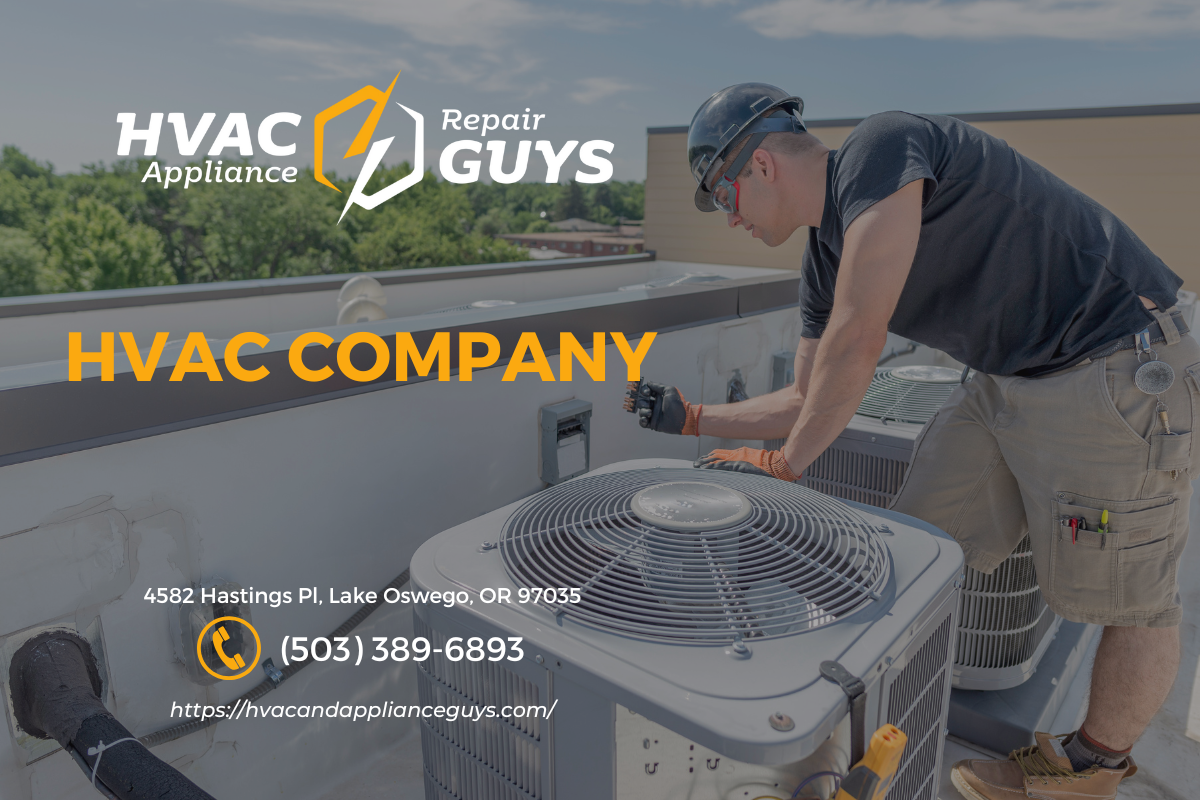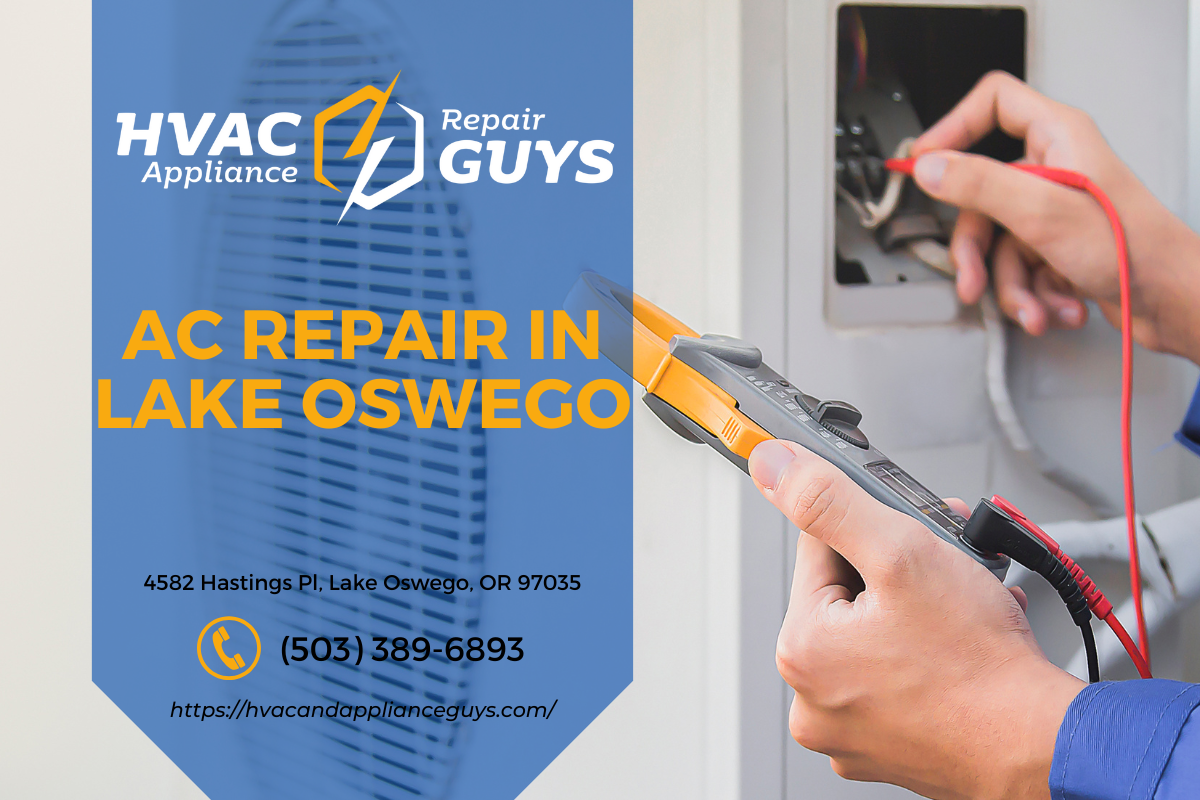


Introduction
In today's world, having a robust heating, ventilation, and air conditioning (HVAC) system is essential for ensuring comfort in your home. Whether battling the sweltering heat of summer or fending off winter chills, understanding what residential HVAC systems entail can significantly enhance your home's livability. This comprehensive guide will delve into all you need to know about residential HVAC systems—what they are, how they function, and why hiring a trusted HVAC contractor is vital for your home’s efficiency and comfort.
What Homeowners Should Know About Residential HVAC Systems
Understanding Residential HVAC Systems
Residential HVAC systems are sophisticated networks designed to optimize indoor air quality while maintaining comfortable temperatures throughout the seasons. These systems consist of various components—including furnaces, air conditioners, ductwork, thermostats, and ventilation—working in unison to provide heating and cooling solutions tailored to your specific needs.
Components of an HVAC System
Furnace: The heart of the heating component in any HVAC setup. Air Conditioner: Cools your home during hotter months. Ductwork: Distributes heated or cooled air throughout your residence. Thermostat: Acts as the control panel for setting temperature preferences. Ventilation System: Ensures fresh air circulation and removal of stale air.The Importance of Choosing a Licensed HVAC Company
When it comes to installing or servicing your residential HVAC system, selecting a licensed HVAC company is non-negotiable.
Why License Matters?
- A licensed contractor has undergone rigorous training and education. They adhere to local codes and regulations. Insured contractors protect you from liability during accidents.
Choosing a trusted HVAC contractor ensures that installations meet industry standards, reducing the risk of future complications.
Finding a Reliable HVAC Contractor Near You
With many options available, finding an "HVAC contractor near me" can be overwhelming. Here’s how to streamline the process:
Online Research: Utilize platforms like Google Maps for local contractors. Reviews & Ratings: Websites such as Yelp or Angie's List can provide customer feedback. Referrals: Ask neighbors or friends for recommendations on trusted HVAC contractors.Common Residential HVAC Services Offered by Professionals
Having a reliable residential HVAC company at your disposal means you can expect various services tailored to keep your system running smoothly:
Installation Services
- New system installations Ductless mini-split systems Thermostat upgrades
Maintenance Services
- Regular inspections Filter replacements Duct cleaning
Repair Services
- Emergency repairs Component replacements (e.g., motors) Troubleshooting issues with temperature regulation
Understanding Your Home's Heating Needs
Before making any decisions regarding your residential HVAC system, it's crucial to assess your home's unique heating requirements:
Factors Affecting Heating Needs
Square Footage: Larger homes require more powerful systems. Insulation Quality: Well-insulated homes retain heat better. Climate Zone: Different regions have varying heating demands.The Role of Energy Efficiency in Your Heating System
Energy efficiency should be one of your primary considerations when selecting an HVAC system. Not only does it impact monthly utility bills but also reduces environmental footprints.
Key Energy Efficiency Ratings to Consider
| Rating | Description | |--------|-------------| | SEER | Seasonal Energy Efficiency Ratio (for cooling) | | AFUE | Annual Fuel Utilization Efficiency (for heating) | | HSPF | Heating Season Performance Factor (for heat pumps) |
Consult with a trusted HVAC contractor who can guide you toward efficient models that fit within your budget.
Signs You Need an Upgrade or Replacement
Recognizing when it's time for an upgrade can save you money and increase comfort levels:
Frequent Repairs: If you’re constantly calling for repairs on older units. Rising Energy Bills: A significant spike could indicate inefficiency. Inconsistent Temperatures: When some rooms are too hot or cold compared to others.The Benefits of Regular Maintenance for Your Residential HVAC System
One of the best ways to ensure longevity and efficiency is through regular maintenance:
What Regular Maintenance Includes?
Checking refrigerant levels Inspecting electrical connections Cleaning coils Testing thermostat accuracyRegular maintenance not only improves performance but also helps extend the lifespan of your equipment.
Understanding Different Types of Residential Heating Systems
Homeowners often choose among various types of heating systems based on their needs:
Forced Air Systems: Commonly used; these circulate warm air through ducts. Radiant Heat Systems: Provides warmth via heated floors or panels. Heat Pumps: Energy-efficient alternatives that transfer heat instead of generating it directly.Each type comes with benefits and drawbacks; consult with an experienced professional from a licensed HVAC company for guidance tailored to your situation.
How Indoor Air Quality Impacts Comfort Levels in Your Home
Indoor air quality is often overlooked but plays a vital role in overall health and comfort:
Factors Affecting Air Quality:
Dust & Allergens Humidity Levels VOCs (Volatile Organic Compounds)Implementing proper ventilation solutions through professional services helps maintain healthy indoor environments.
Selecting the Right Thermostat for Your Needs
A thermostat is more than just a simple temperature control device; it's central to managing energy use effectively:
Types of Thermostats:
Traditional Manual Thermostats Programmable Thermostats Smart ThermostatsInvesting in smart technology can lead to significant savings on energy bills while enhancing convenience.
FAQ Section
1. What does ‘HVAC’ stand for?
HVAC stands for Heating, Ventilation, and Air Conditioning—systems https://hvacandapplianceguys.com/ designed to control indoor climate conditions effectively.
2. How often should I service my residential HVAC system?
A yearly inspection is recommended; however, biannual checks before summer and winter seasons are ideal for optimal performance.
3. Why is my energy bill so high?
High energy bills may be attributed to inefficient equipment or poor insulation; consulting with an experienced licensed HVAC company could help identify issues.
4. Can I install my own HVAC unit?
While DIY installation might seem cost-effective initially, improper installation can lead to safety hazards; it’s advisable to hire a trusted contractor instead.
5. How long should my residential HVAC system last?
Most systems last between 15-25 years if properly maintained; regular check-ups extend their life significantly.
6. What are common signs that my furnace needs repair?
Look out for unusual noises, inconsistent temperatures across rooms, or unpleasant odors—all indicative that professional intervention may be necessary!
Conclusion
Navigating the world of residential HVAC systems doesn’t have to feel overwhelming! Understanding basic components like furnaces and ductwork while recognizing the importance of hiring licensed professionals will empower homeowners like you in making informed decisions about comfort and energy efficiency in your home environment—remembering always that a reliable "HVAC company near me" is just around the corner when you need assistance!